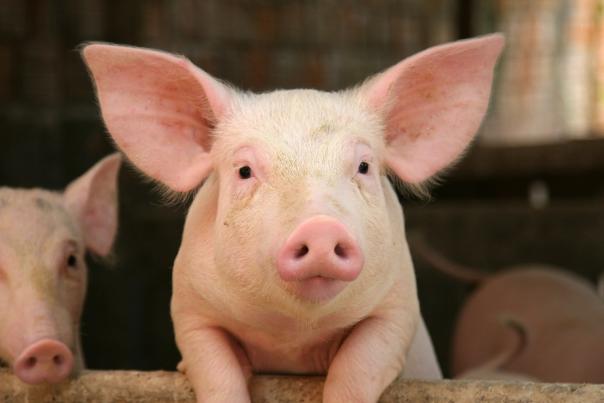
Researchers asked children aged 9-11 about the moral status and treatment of farm animals (pigs), pets (dogs) and people. Unlike adults, children say farm animals should be treated the same as people and pets, and think eating animals is less morally acceptable than adults do.
The research team – including the University of Oxford – surveyed 479 people, all living in England, from three age groups: 9-11, 18-21 and 29-59. The findings suggest that ‘speciesism’ – a moral hierarchy that gives different value to different animals – is learned during adolescence.
Dr Luke McGuire from the University of Exeter, said: "Humans’ relationship with animals is full of ethical double standards. Some animals are beloved household companions, while others are kept in factory farms for economic benefit. Judgements seem to largely depend on the species of the animal in question: dogs are our friends, pigs are food.
"If we want people to move towards more plant-based diets for environmental reasons, we have to disrupt the current system somewhere. For example, if children ate more plant-based food in schools, that might be more in line with their moral values, and might reduce the 'normalisation' towards adult values that we identify in this study."
Public Sector Catering are hosting their second Plant-Based Week, which will run from 9-13 May 2022. The event aims to ‘inspire’ caterers in schools, hospitals, care homes, universities, prisons and the military to include and promote more plant-based dishes across their menus.